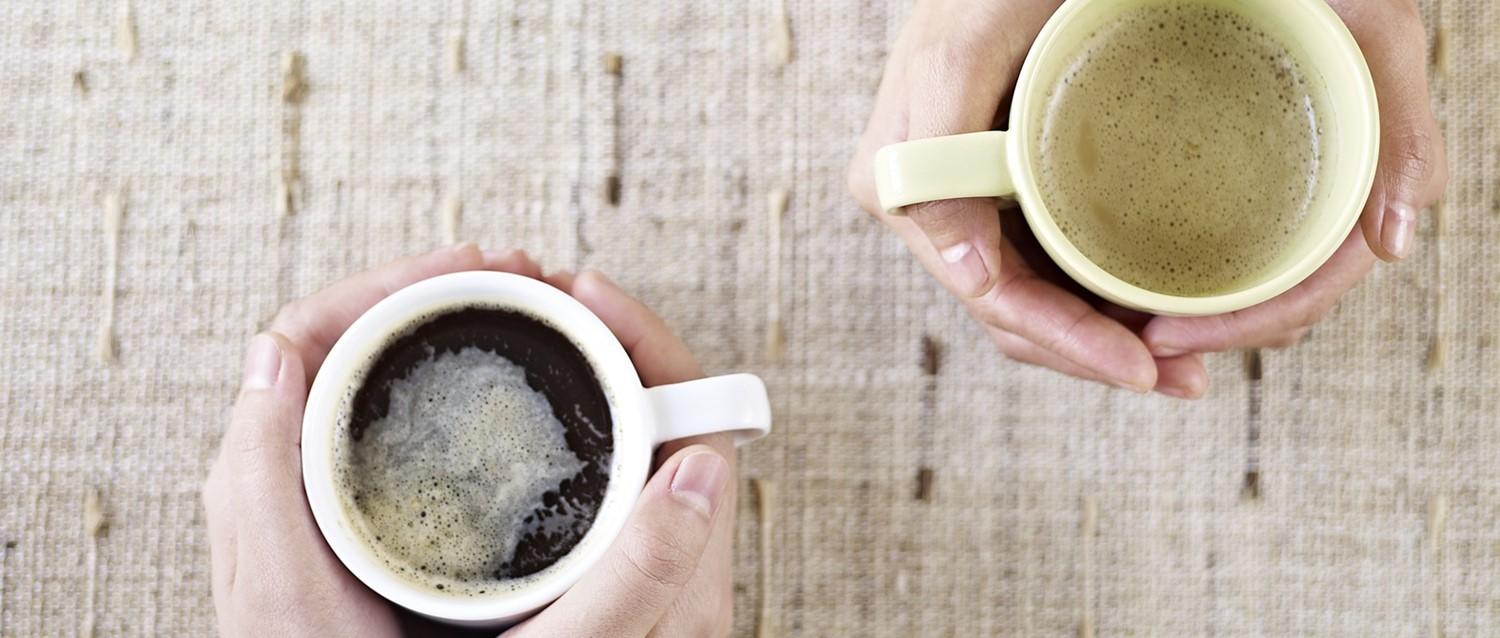
Cancer fatigue: what it is and how to cope
Peer reviewed by Dr Krishna Vakharia, MRCGPAuthored by Lydia SmithOriginally published 2 Nov 2022
Meets Patient’s editorial guidelines
- DownloadDownload
- Share
- Language
- Discussion
Whether it's the mental strain of illness or the treatments, living with cancer can be exhausting. Nine out of 10 people with cancer experience fatigue1 - and it can have a serious impact on relationships, work and more. But what causes it, and what can you do about it?
In this article:
Continue reading below
What is cancer fatigue?
Cancer fatigue - a persistent feeling of exhaustion and low energy levels - can be a symptom of cancer itself or a side effect of cancer treatment. It can affect you physically, mentally and emotionally and leave you feeling burned-out and distressed - although it can affect people in different ways.
Erin Fury, a cancer support specialist at Maggie's Cardiff, says cancer-related fatigue can be caused by a number of factors, including, the cancer and its treatments; surgery, chemotherapy, radiotherapy and medication can all contribute to fatigue. It can also be caused by anaemia - when you have too little haemoglobin and too few red blood cells - as well as nausea, a lack of appetite, changes in taste, pain or breathlessness.
Psychological impact of cancer
"Many people think of fatigue as just being a physical concern but it can be an emotional or mental side effect also," Fury says.
The cancer support specialist says fatigue can be classed under three categories - physical, mental or emotional. Fury explains that mental fatigue can lead to problems with concentration, memory, and difficulty retaining new information. Negative thoughts and feelings can also feed into this mental fatigue and/or be a cause of it. "Psychological issues such as anxiety, depression, frustration and stress can all contribute to the mental fatigue often experienced by cancer patients."
This can be experienced at any time of their cancer experience, whether it be at time of diagnosis, during treatment or when treatment has finished.
What does cancer fatigue feel like?
The common side-effects of cancer fatigue can vary widely and depend on the level of fatigue. The most common include a lack of energy, feeling disinterested or too tired to do things you enjoy, problems with rest or sleep, and finding it hard to get up in the morning or to be physically active at all. It may be difficult to concentrate on things like conversations or the TV, or you may find yourself feeling breathless after doing small tasks, like making the bed.
Cancer fatigue can make it difficult to think clearly or make decisions - and it can lead to feelings of anxiety, depression or low self-esteem.
How long does cancer fatigue last?
It's normal to feel tired, especially when you're unwell. However, cancer fatigue is often more intense and can last for weeks, months or even years. Everyone is different and there is no way to know how long fatigue may last for each person.
Continue reading below
What is the impact of cancer fatigue?
It can be really difficult to cope with cancer fatigue and everyday life can be challenging and you might not have the energy to cook, clean or even have a chat with friends. Cancer fatigue can severly impact your quality of life, from work and relationships to hobbies. It can also affect your self-esteem or your finances, if you're forced to cut down your working-hours, for example.
Fatigue can also have a knock-on effect on your mental health too, as it can be a constant reminder of your cancer.
How to overcome cancer fatigue
Speak to your doctor
"Those struggling with cancer fatigue, should seek advice from their healthcare professionals," says Fury. "They can also pop into their nearest Maggie's Centre to speak to one of our cancer support specialists. By speaking to your medical team they can investigate what is causing your fatigue."
Find coping strategies
"Exercising and eating well can also help manage fatigue levels, alongside implementing some fatigue management coping strategies," Fury adds. You may be able to cut down your hours at work, or get help with day-to-day activities like food shopping. If going out is too difficult, you could meet friends at home or go for a relaxed coffee.
"By speaking to a cancer support specialist at Maggie’s, you can access information on how to implement the coping strategies," says Fury. "You can even come to a group session on cancer fatigue management to meet others in a similar position and learn how to manage your fatigue together."
Macmillan and the University of Southampton have a a scheme called Restore, which aims to support people with cancer fatigue.
Ask for help
It's not always easy to ask for help, but it's important to do so. Your cancer doctor, specialist nurse, or GP can refer you to an occupational therapist, who can look at practical ways of making your home comfortable and easy to live in.
Talk to friends and family and ask them to help you with things if you need. Charities like Maggie's and Macmillan have online communities to chat to people going through similar experiences.
Speak to a mental health professional
Living with cancer can be challenging and if you feel anxious or depressed, therapy might be helpful. Speak to your GP about what support is available, or you may be able to access counselling via your cancer specialist.
Continue reading below
Further reading
Patient picks for Information about cancer

Cancer
What not to say to someone with cancer
When a family member or friend is diagnosed with cancer, it can be hard to know what to say. Do we talk about the diagnosis? Or is it better to provide distraction during a difficult time? Whilst every cancer journey is as individual as the person affected, we speak to the experts about the best way to offer support.
by Gillian Harvey

Cancer
How to look after yourself during cancer treatment and chemotherapy
When recovering from cancer it's important to focus on getting better - which means you need to take care of yourself in the process. We ask the experts at Macmillan Cancer Care for their best advice.
by Victoria Raw
Continue reading below
Article history
The information on this page is peer reviewed by qualified clinicians.
2 Nov 2022 | Originally published
Authored by:
Lydia SmithPeer reviewed by
Dr Krishna Vakharia, MRCGP

Ask, share, connect.
Browse discussions, ask questions, and share experiences across hundreds of health topics.

Feeling unwell?
Assess your symptoms online for free
Sign up to the Patient newsletter
Your weekly dose of clear, trustworthy health advice - written to help you feel informed, confident and in control.
By subscribing you accept our Privacy Policy. You can unsubscribe at any time. We never sell your data.